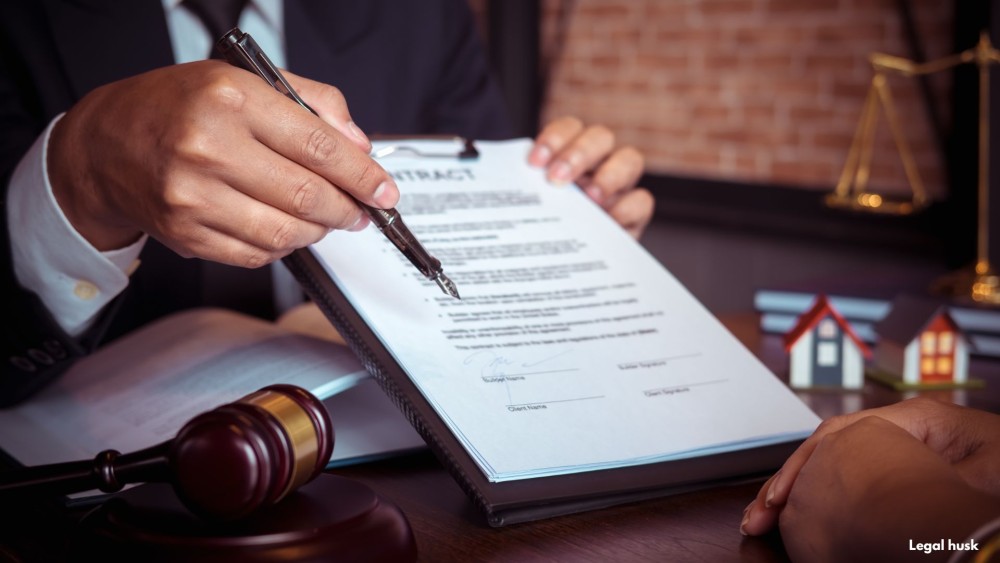Get Your Legal Documents Now!
Whether you are dealing with a complex family matter, facing criminal charges, or navigating the intricacies of business law, our mission is to provide you with comprehensive, compassionate, and expert legal guidance.

Avoiding common mistakes in counterclaims isn’t just about form—it's about winning leverage, preserving rights, and keeping your case on track.
A counterclaim allows defendants to assert their own claims against the plaintiff—but only if it’s done right. Poorly drafted counterclaims can derail your strategy, delay proceedings, or even cost you the opportunity to be heard.
This guide breaks down the most common mistakes in drafting counterclaims—and how to avoid them.
Filing a counterclaim too late or failing to serve it properly can get your claims dismissed before they’re even read.
✅ Avoid It:
File the counterclaim within the court’s deadline (often 20–30 days after being served).
Serve the plaintiff properly and file proof of service.
A counterclaim needs more than just a story—it needs a solid legal foundation.
✅ Avoid It:
Identify the cause of action (e.g., breach of contract, negligence).
Tie your facts directly to legal claims that are recognized in your jurisdiction.
Unnecessary allegations dilute your case and annoy the judge.
✅ Avoid It:
Only include facts that support your claim.
Stick to what’s legally and factually necessary.
Without a clear request for relief, the court can’t give you what you want.
✅ Avoid It:
Be specific: Do you want damages, an injunction, or declaratory relief?
Align the relief sought with the legal harm.
Affirmative defenses and counterclaims serve different roles. Blending them confuses everyone.
✅ Avoid It:
Keep defenses (e.g., statute of limitations, lack of jurisdiction) in your answer.
State counterclaims in their own section with their own legal arguments.
A counterclaim must connect to the case—it’s not a chance to vent.
✅ Avoid It:
Reference how your claims arise from the same facts or transactions.
Show how your counterclaim offsets or rebuts the plaintiff’s narrative.
Some jurisdictions require that counterclaims be verified. Forgetting this? Rookie move.
✅ Avoid It:
Sign and verify the counterclaim if required.
Review your local rules before filing.
Don’t file blind. The plaintiff will respond—be ready.
✅ Avoid It:
Anticipate defenses and motions to dismiss.
Have rebuttals ready.
DIY legal work can cost more in the long run if you miss something crucial.
✅ Avoid It:
Have your counterclaim reviewed by an attorney.
Use counsel to fine-tune your legal arguments and compliance.
A strong counterclaim can be a game-changer—but only if it’s strategically and legally sound. Avoid these common pitfalls and make your counterclaim count.
Counterclaims are about more than retaliation—they’re about reclaiming ground. At Legal Husk, we help you build counterclaims that hold up in court and apply pressure at the negotiating table.
📌 Ready to counter the complaint with confidence?
📞 Contact our litigation team today.
👉 Visit:
🔗 legalhusk.com
🔗 legalhusk.com/services
🔗 legalhusk.com/services/civil-litigation
🔗 legalhusk.com/about-us
Pro Tip: A counterclaim is your courtroom counterpunch. Don’t just react—respond strategically.
📩
Ready for a court-ready counterclaim at a predictable price? ContactLegal Huskand let us draft your next counterclaim with precision and clarity.
Whether you are dealing with a complex family matter, facing criminal charges, or navigating the intricacies of business law, our mission is to provide you with comprehensive, compassionate, and expert legal guidance.
Comments